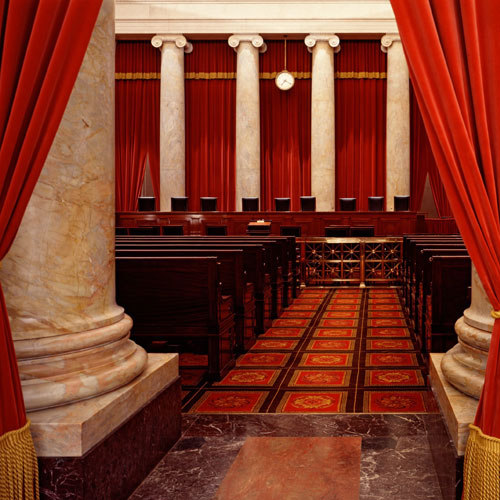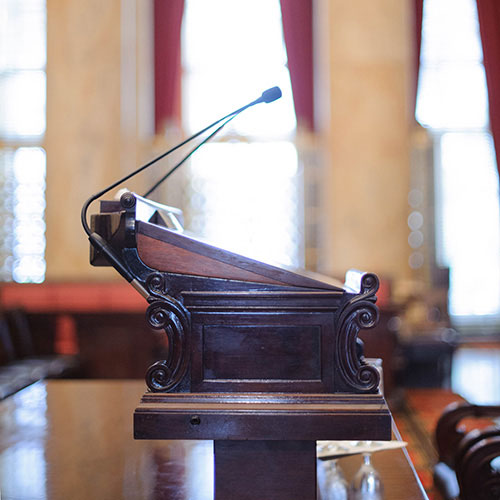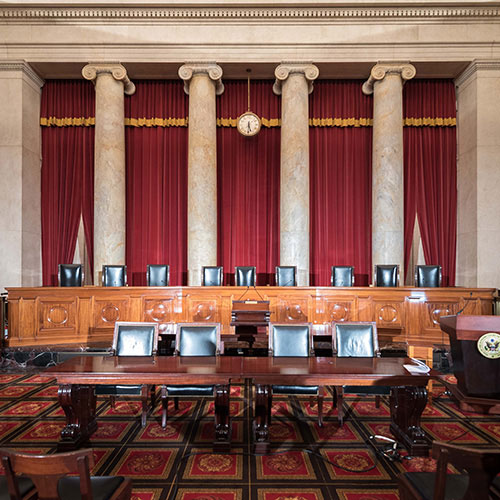Why does the Supreme Court give women the benefit of heightened scrutiny even though they do not fit the category of a “discrete and insular minority”?
Why are race classifications so much more suspect than gender classifications?
A ) Is it because the history of race oppression in the United States is more severe or detrimental than the history of sex discrimination? In considering your response, answer the following questions: When did black men gain the right to vote and hold office? When did women? When were black men obliged to serve on juries? When were women subject to that obligation?
B ) Is it because women, although targets of discrimination, are not a minority in terms of numbers? (They comprise 53% of the population.)
C ) Is it because there are real biological differences between the sexes? Do those differences extend beyond reproductive functions?
What do you think of Oklahoma’s argument in Craig v. Boren that more males than females between the ages of eighteen and twenty-one were arrested for drunk driving or killed in traffic accidents? In your own experience, do young men drink more and engage in riskier behavior while intoxicated than young women? Why did Justice Brennan’s majority opinion find that the relationship between traffic safety and gender was not “substantially related” to the state’s objective of reducing car accidents?
One of the reasons that the Supreme Court struck down Virginia Military Institute’s men-only admissions policy was that the Virginia Women’s Institute for Leadership, the parallel women-only military school, was not equal. What were some of the inequalities? Could the two schools ever have been made equal?
What do you think of Virginia Military Institute’s “Code of a Gentleman” that Justice Scalia quoted from in his dissent? Does it make you more likely, less likely, or about as likely to agree with Justice Scalia’s perspective on VMI’s admission of women? Why?
Class Exercise:
Pretend that you and your classmates are members of the state legislature or city council where you live. A group of parents appears before you to testify about the ways in which girls are often treated like second class citizens in public high schools in your jurisdiction. It reports that boys are always elected to the student council and as class president and are also almost always chosen to be editor of the school newspaper. They enjoy numerous other prestigious positions in school as well. The group wants you to support the establishment of a statewide Eleanor Roosevelt Leadership Academy for Young Women, a special high school for girls only that would allow girls to occupy all the positions of leadership and influence that few now do in co-ed high schools.
Discuss among yourselves the issue these parents have brought to the table. How do you deal with it? What creative solutions can you come up with? Do you vote to support the Eleanor Roosevelt Leadership Academy for Young Women, or can you think of some other legislation that will address the problem. Is there a problem?
Questions to Consider:
What is your opinion on the validity of sex-segregated schools? Can all-female schools ever help women in a constitutionally permissible way? What if the Supreme Court one day applies strict scrutiny to sex-based classifications? Might such a ruling jeopardize federal financial aid and tax breaks to private single-sex schools? Would that be a good or bad thing? Is there ever a justification for all-male schools?
What would you think of one-sex-only classes within your school? An all-girls math class to prevent girls from being drowned-out by overly aggressive boys? All-girls and all-boys sex-education classes to prevent embarrassment on both sides?




